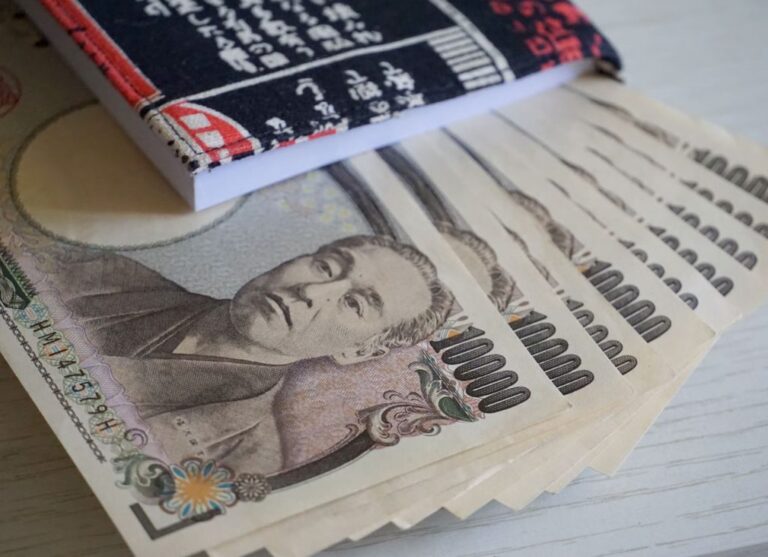
Morning Brief – Bullseye
It was apparent recently that the Rand had managed to duck and dive between two huge risks to emerge relatively unscathed. When inflation statistics and an interest rate decision passed on two consecutive days accompanied by only mild and measured market fluctuations not dissimilar to a normal day’s trading, it appeared that both data and the central bank had trod a very slim line, avoiding any major upset. This seems to be maturing into somewhat of a theme in emerging markets in general with the Mexican Peso too picking up strength in an orderly fashion on the back of domestic mid-term elections.
The risk facing Mexico and its Peso from a political standpoint was whether President Andres Manuel Lopez Obrador and his Morena Party would retain considerable power over law making in Mexico. This mid-term election was viewed as a quasi-referendum on the Presidency itself because many argued that progress made on the broad promises offered during Obrador’s campaign and his handling of the Covid-19 pandemic have been insufficient. In repose to these claims, the President continues to push for what he calls the “fourth transformation”. Many of these policies are populist by nature and could unwind market friendly (and therefore MXN friendly) policies that at present serve to attract capital towards Mexico. If Obrador’s Morena party had therefore enhanced its position and developed its super-majority within Congress, such policies could have served to detract further investment and even encourage capital flight to the detriment of the Peso. If, on the other hand, the President had lost his majority in Congress altogether, the risk of a disruptive institutional change and an impotent policy body during such a critical time could have undermined MXN further.
The elections were marred by violence ahead of and at the ballot box. The political risk riding up to the event was therefore significant and USDMXN rose above 20 ahead of the election reflecting this risk. The result of the election deteriorated the incumbent President’s hold over governance. The midterm results showed that whilst Obrador’s Morena party held onto its majority, retaining control over decision making and congress, it loosened its grip with opposition parties gaining additional support. This was interpreted by the market to create political stability by limiting the ease with which the President can enact more radical reform through its more populist policies. The result, by moderating the supermajority of the President and providing additional voting power within congress to opposition parties, was seen to strengthen the checks and balances against more radical, potentially destabilising, reform for the remainder of this term.
The Peso rose by 1.1% against the Dollar reflecting the market-friendly mid-term result. The more responsible fiscal policies that this administration had pursued up until the midterms should be preserved by this election result, something that should be positive for the Peso. The spread of Mexico’s hard debt versus that of comparable US Treasuries was moderated slightly following the result confirming the boost to Mexico’s creditworthiness. The next major risk to the Peso will be whether the forecasted boost to the currency through monetary policy plays out and whether the Central Bank will be able to accommodate higher rates without stunting the economic recovery.
Discussion and Analysis by Charles Porter

Click Here to Subscribe to the SGM-FX Newsletter
Related Insights

Morning Brief – Japanese Yen
Japanese Yen With JPY at a new 34 year low versus EUR, the market is set for an ambush by the Bank of Japan if it acts today at the end of their Policy Meeting to support the Yen. The reason that the market is susceptible is because it has convinced itself that the BoJ […]

Morning Brief – Coalition
Coalition This briefing is about South Africa and the Rand, which frequently proves to be one of the more divisive subjects within our roster of currencies. In particular, with the election looming, this will be about South African governance. Not from a political or human perspective about what may be the best long term outcome […]

Morning Brief – US Tariffs on Chinese Imports
US Tariffs on Chinese Imports Recently we wrote about how Mexico has become the Number One trade partner for the USA. It now transpires that Mexico may have had what is known as a little assist with their numbers: the statistics for the number of 20 foot shipping containers for the first three Quarters of […]



 Humphrey Percy
Humphrey Percy Charles Porter
Charles Porter